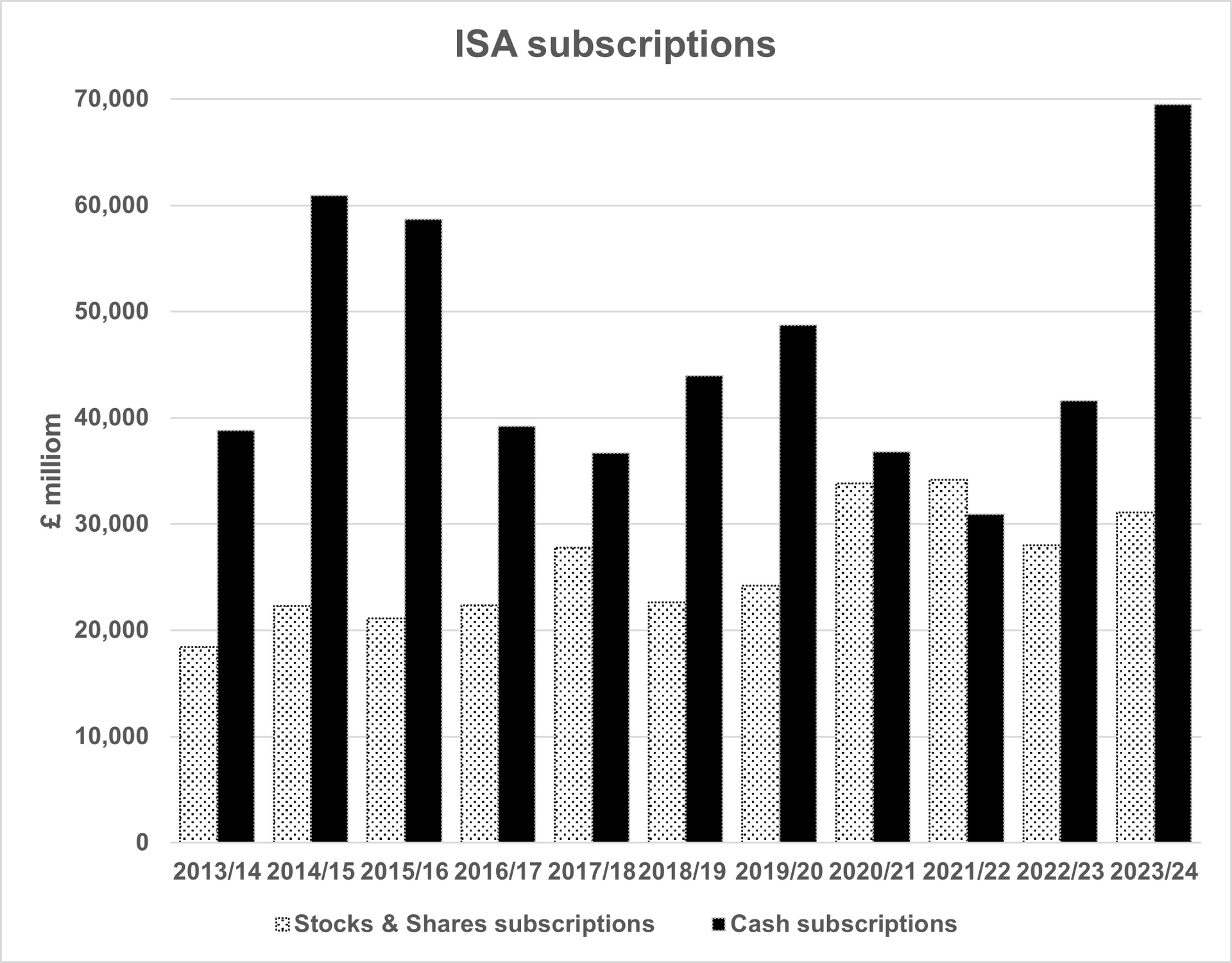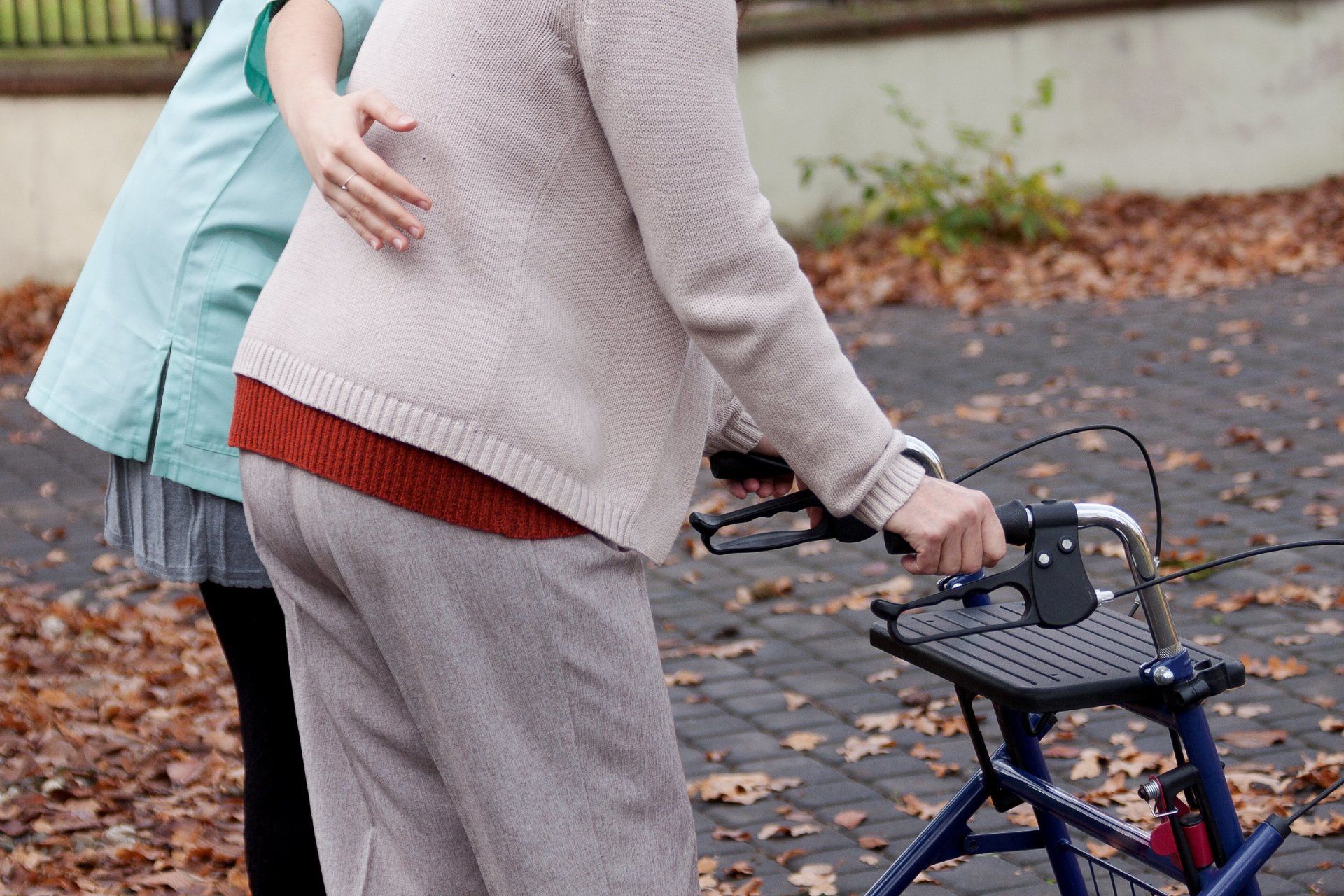Blog
A banking crisis close to home?
Rising mortgage rates pose some difficult questions for one of the major providers of housing finance.

You would think that a group estimated to have provided £8.8 billion of residential property finance to 170,000 first-time buyers in 2022 would be well known, with a high street presence and careful oversight from the Financial Conduct Authority (FCA) and the Bank of England. However, you would be wrong.
The group in question has its own acronym, BOMAD – the Bank of Mum and Dad – and has been a consistent supplier of gifts and/or loans to nearly half of first-time buyers for the last decade. While the BOMAD generally does not charge interest, the increase in interest rates that has occurred over the last 18 months could see it facing some difficult questions. With very few exceptions, the first-time buyers that the BOMAD financed will also have borrowed from mainstream lenders and thus be facing increased mortgage costs at some point, typically when their two-year or five-year fixed rate mortgage deal ends.
The FCA has already told mortgage providers that they should consider offering borrowers:
· A switch to interest-only payments for six months, or
· An extension to their mortgage term to reduce their monthly payments, with the option to switch back within six months.
If you are a member of the BOMAD group, what should you do when you are asked for mortgage assistance by your children or grandchildren? The answer will depend upon many factors including:
· What other actions has your ‘customer’ already taken to reduce their mortgage outlay;
· How long will any support be required;
· How much capital (if any) you are willing and able to gift or lend; and
· Do you have surplus income, for example, as the result of higher interest rates, that you can give away or lend?
Inheritance tax is also a consideration, although other taxes might be relevant. For example, this tax year’s lowered annual exemption means capital gains tax may be a problem if you are realising an investment to provide liquid funds.
The various options and their tax consequences make advice essential. Mainstream banks undertake due diligence before acting and so should the BOMAD.
Tax treatment varies according to individual circumstances and is subject to change. The Financial Conduct Authority does not regulate tax advice. For specialist tax advice, please refer to an accountant or tax specialist. HM Revenue and Customs practice and the law relating to taxation are complex and subject to individual circumstances and changes which cannot be foreseen. The value of pensions and investments and the income they produce can fall as well as rise and you may not get back the full amount you invested. Past performance is not a reliable indicator of future performance.





